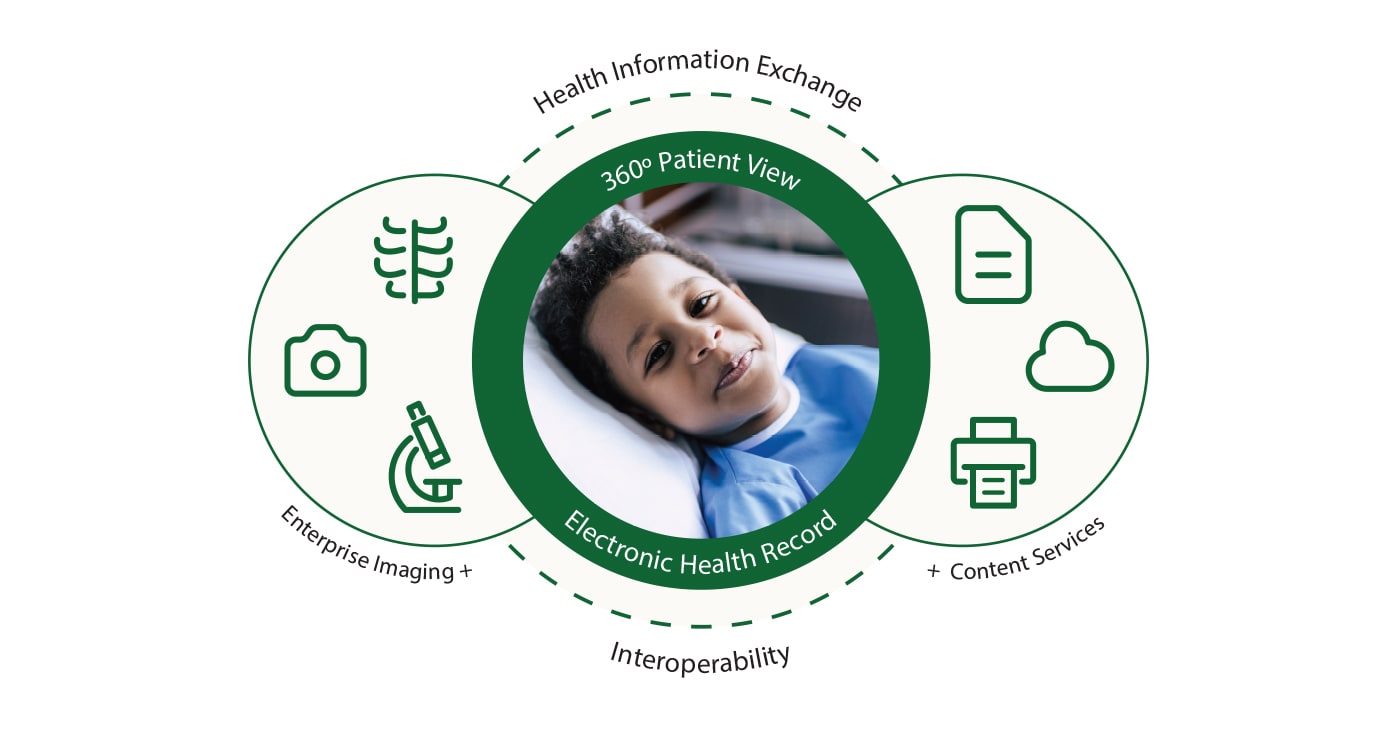Comprehensive Healthcare RCM for Improving Person Invoicing and Repayments
Comprehensive Healthcare RCM for Improving Person Invoicing and Repayments
Blog Article
Unveiling the Benefits of Medical Care RCM in Improving Efficiency and Precision in Earnings Cycle Monitoring
In the swiftly advancing healthcare landscape, the importance of Earnings Cycle Administration (RCM) can not be overstated (Healthcare RCM). As doctor strive for precision and effectiveness, RCM becomes a pivotal tool in streamlining procedures, minimizing errors, and enhancing financial outcomes. By integrating with Electronic Health Records and leveraging innovative technologies, RCM not only enhances management tasks but also enhances the insurance claims processing experience. This change holds the possible to redefine monetary performance and client trust fund. Yet, what are the particular systems driving these renovations, and exactly how can they be used to their full capacity?
Streamlining Management Tasks

Furthermore, the integration of digital health and wellness records (EHR) with RCM systems promotes real-time data access and sharing, enabling health care specialists to make enlightened choices quickly. This interconnectedness not only boosts communication in between administrative and professional groups yet likewise boosts person satisfaction by reducing waiting times and invoicing inconsistencies - Healthcare RCM. Moreover, streamlined administrative processes permit much better conformity with governing requirements, mitigating threats connected with audits and charges
Eventually, the emphasis on refining management tasks in RCM results in cost savings and enhanced economic performance. By purchasing automation and maximizing operations, health care organizations can achieve a much more sustainable profits cycle, making certain lasting practicality and the ability to adapt to developing sector needs.
Enhancing Insurance Claims Handling
Just how can health care organizations enhance the effectiveness of their cases handling? The combination of advanced Earnings Cycle Monitoring (RCM) systems supplies a robust option. By utilizing automation and innovative analytics, RCM systems enhance the complex and commonly troublesome cases refining tasks. Automation minimizes hand-operated data access errors, makes certain conformity with the most up to date invoicing codes, and speeds up the general claims lifecycle from submission to reimbursement.
Furthermore, real-time analytics play a crucial duty in improving insurance claims processing efficiency. These analytics tools offer understandings into bottlenecks and possible denials, enabling medical care providers to deal with concerns proactively. Anticipating analytics can forecast patterns in claim denials, enabling preemptive procedures to mitigate them, thus lowering the time considered insurance claims to be refined and authorized.
Additionally, the fostering of digital wellness documents (EHR) incorporated with RCM systems guarantees seamless information flow, lowering redundancies and boosting the precision of info sent in claims. A constant responses loophole promoted by RCM systems even more improves the process, cultivating continuous improvement.
Eventually, by leveraging technology-driven remedies in claims processing, health care organizations can improve operational efficiency, improve capital, and give a smoother experience for patients and staff alike.
Decreasing Economic Mistakes
Precise monetary management is critical in medical care, where decreasing economic mistakes can dramatically impact functional success. Financial mistakes, whether as a result of wrong invoicing, coding inaccuracies, or mismanagement of patient accounts, can result in considerable income loss and stretched relationships with people and payers. Resolving these errors is vital to maintain a healthcare company's monetary health and boost its reputation.
Health Care Income Cycle Administration (RCM) plays a crucial function in lessening such mistakes via structured procedures. By carrying out standard procedures for invoicing, coding, and collections, doctor can make sure that monetary transactions are managed with accuracy. Comprehensive training for staff on present coding regulations and payment methods likewise decreases the likelihood of mistakes, ensuring cases are properly refined and compensated.

Additionally, comprehensive audits and routine financial testimonials within the RCM framework enable the early detection find out here now and correction of inconsistencies. Making sure precision in person data access and confirmation further alleviates errors, as this is commonly a key resource of errors. By concentrating on these calculated areas, healthcare organizations can reduce economic errors, thereby protecting their income streams and improving overall operational efficiency.
Leveraging Advanced Technologies
In today's quickly progressing medical care landscape, leveraging sophisticated modern technologies is crucial for enhancing Earnings Cycle Administration (RCM) procedures. By integrating cutting-edge services such as artificial intelligence (AI), artificial intelligence (ML), and robotic process automation (RPA), medical care companies can substantially enhance the effectiveness and precision of their RCM operations. These technologies assist in improving repeated tasks, decreasing manual errors, and making it possible for quicker handling of cases.

Furthermore, the combination of blockchain technology boosts data safety and security and transparency within RCM (Healthcare RCM). It makes sure that sensitive details is protected while keeping an unalterable document of purchases. This is critical for building count on with stakeholders and clients
Boosting Financial Efficiency
Structure on the efficiencies acquired via innovative technologies, doctor can significantly enhance their monetary efficiency by fine-tuning their Revenue Cycle Management (RCM) strategies. By optimizing payment processes, decreasing case rejections, and improving money flow, medical care institutions can attain better monetary security. Implementing robust RCM remedies permits carriers to improve management tasks, reducing the time and resources invested in hands-on information access why not check here and case processing. This efficiency results in quicker claim reimbursements and submissions, taking full advantage of revenue collection.
In addition, data analytics within RCM systems offer useful insights into operational traffic jams and monetary fads. By leveraging these understandings, doctor can make informed decisions to enhance financial results, such as readjusting payment techniques or renegotiating payer agreements. Enhanced accuracy in coding and documentation better minimizes case beings rejected and audits, cultivating a smooth income cycle.
Additionally, person involvement tools incorporated within RCM platforms improve individual satisfaction by giving clear payment information and versatile repayment alternatives. This openness not only improves patient-provider connections yet also motivates prompt payments, reducing impressive accounts receivables.
Final Thought
Health Care Income Cycle Administration significantly optimizes efficiency and precision by enhancing administrative tasks and improving insurance claims processing. Through the decrease of economic errors and the integration of advanced innovations such as AI and anticipating analytics, RCM assists in conformity with payment codes and provides important insights into financial trends. This systematic strategy not just decreases possible case denials yet likewise increases financial efficiency, consequently fostering trust fund and openness with individuals and stakeholders within the health care system.
As medical care carriers strive for precision and performance, RCM emerges as a critical tool in streamlining Bonuses operations, decreasing errors, and enhancing economic results.Improving administrative tasks in health care earnings cycle administration (RCM) supplies substantial benefits by enhancing operational efficiency and decreasing the burden on personnel.Medical Care Earnings Cycle Management (RCM) plays a pivotal role in minimizing such errors through structured procedures.In today's swiftly evolving health care landscape, leveraging advanced technologies is important for optimizing Revenue Cycle Administration (RCM) procedures.Building on the effectiveness acquired through advanced innovations, healthcare service providers can substantially increase their monetary performance by refining their Revenue Cycle Administration (RCM) methods.
Report this page